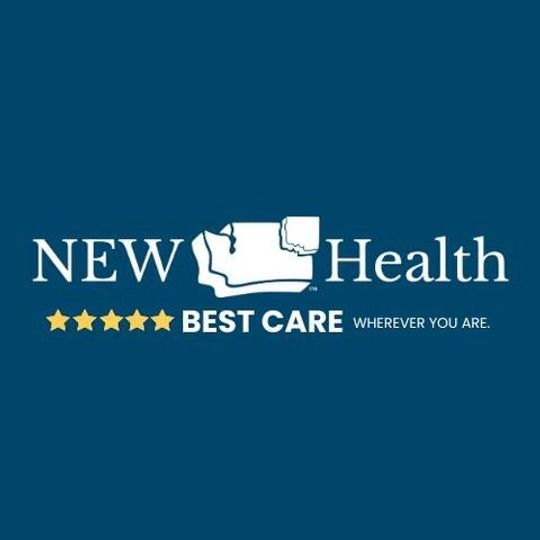When I first started training about 50 years ago, there weren’t very many supplements. In fact, the best ‘weight gain’ (that was my focus) supplement was good ol’ Carnation Non-fat Instant Dry Milk, which I’d mix with a banana, a pint of whole fat ice cream, some peanut butter and a dozen whole eggs. As the years passed, I tried almost EVERY single supplement on myself, then my training partners, and finally on my athletes to see how things worked…or didn’t. Spoiler alert: hardly any of them worked!
Diet supplements have become a billion-dollar industry, promising everything from rapid weight loss to superhuman energy. With so much marketing hype, it’s easy to get lost in misinformation. Here are the top five myths surrounding diet supplements and what you need to know before reaching for that next bottle.
Myth No. 1: Supplements Can Replace a Healthy Diet
One of the biggest misconceptions is that taking supplements can compensate for a poor diet. Many people believe that as long as they take a multivitamin or protein shake, they don’t need to worry about eating whole foods. However, supplements are just that—supplementary.
Whole foods provide a complex combination of vitamins, minerals, fiber, and antioxidants that cannot be fully replicated in a pill or powder. While certain people may require specific supplements, they should never be a substitute for a well-balanced diet rich in fruits, vegetables, lean proteins, and whole grains.
Myth No. 2: “Natural” Means Safe and Effective
Many supplement companies market their products as “natural,” leading consumers to assume they are safe.
However, the term “natural” is not regulated by the FDA and does not guarantee effectiveness or safety.
Always research ingredients and consult with a healthcare professional before taking any supplement, especially if you are on medication or have underlying health conditions.
Myth No. 3: More Is Always Better
Many people assume that taking high doses of vitamins and minerals will boost their health even further. However, excessive intake of certain nutrients can be harmful. Follow the recommended daily allowance (RDA) or guidance from a healthcare professional to avoid unintended health risks.
Myth No. 4: Supplements Are Strictly Regulated Like Prescription Drugs
Unlike prescription medications, which undergo rigorous testing and approval processes by the FDA, dietary supplements do not require pre-market approval. Manufacturers are responsible for ensuring their products are safe and accurately labeled, but they are not required to prove their efficacy before selling them.
This lack of regulation means that some supplements may contain unlisted ingredients, incorrect dosages, or contaminants. Third-party testing from organizations like USP (United States Pharmacopeia) or NSF International can help identify reputable products, but consumers should remain cautious and skeptical of exaggerated claims. (Reread this section!)
Myth No. 5: Supplements Will Instantly Transform Your Body
Many diet supplements are marketed as magic pills that promise effortless
SEE MYTHS, 6B weight loss, muscle gain, or extreme energy boosts (You probably don’t believe me, but yet you believe that ‘influencer’ who is either getting paid to endorse the product or the ‘scientist’ who invented it). However, no supplement alone can dramatically change your body without proper nutrition and exercise.
Fat burners, for example, may increase metabolism slightly, but they won’t compensate for a high-calorie diet and lack of physical activity. Similarly, protein powders are useful for muscle recovery but won’t build muscle without strength training.
Final Thoughts
Diet supplements are often misunderstood and overhyped. The best approach to optimal health is through a nutrient-rich diet, regular exercise, and informed decision-making about supplementation. Before spending money on the latest supplement trends, do your research, be skeptical of bold claims, and most importantly, consult with a healthcare professional to ensure you’re making choices that truly benefit your body.
MICHAEL MARTIN JR. IS A RETIRED NAVY VETERAN, WORLD CHAMPION POWERLIFTER, AND PHD CANDIDATE IN PERFORMANCE PSYCHOLOGY.
.png)






